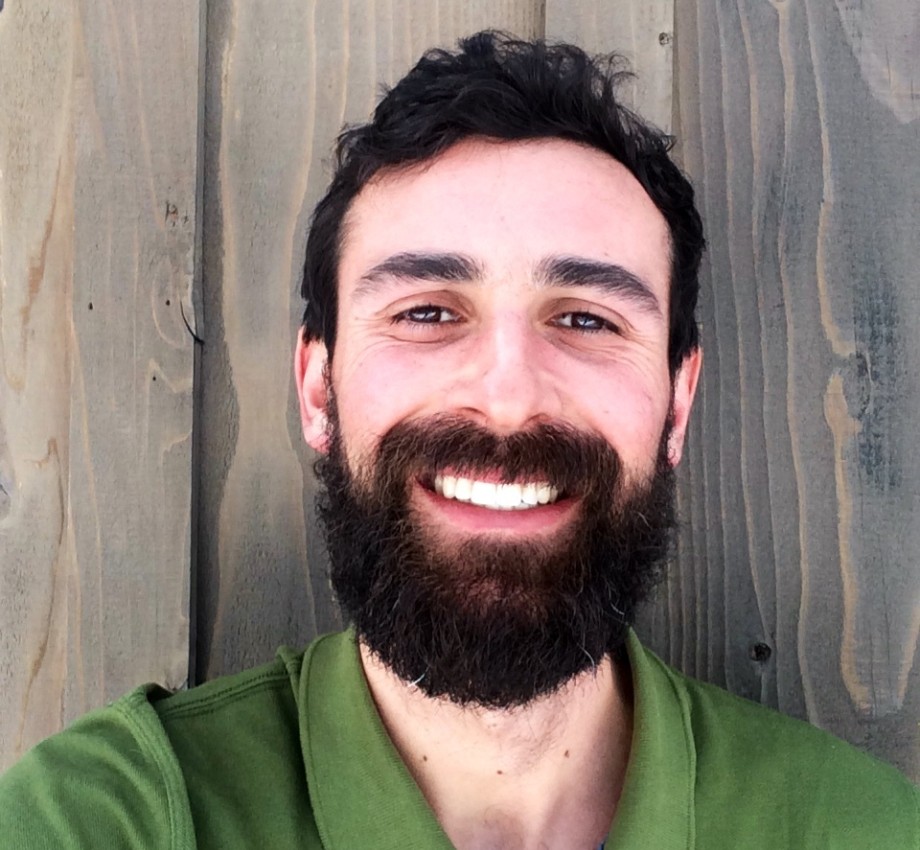Meet Psychology Student Colin Fyfe

Calculating statistical data can be a lonely business. Poring through numbers to prove causes and correlations as a psychological-health researcher at UCSF and UC Berkeley, Colin Fyfe began to miss the one-on-one communication that is part and parcel of counseling.
Reminiscing on his previous experience and B.A. in psychology from Cal–focusing on safe-sex opportunities and sex-positive alternatives in the LGBTQ community–Fyfe wanted to reinvigorate himself and move to a career that was more enriching.
"I contemplated an MFT program, but the cost and prospect of being saddled with large debt turned me off," says one of our 2016 scholarship winners. "I searched for alternative counseling paths and was enticed by the Certificate Program in Alcohol and Drug Abuse Studies’ CCAPP certification. I liked how the interdisciplinary emphasis on counseling and public health viewed addiction from various lenses–biopharmaceutical, psychological, family systems, urban planning–to acquire a holistic comprehension of the disease."
You're nearing completion of the certificate. How has the coursework, thus far, molded your perspective on how to be a substance abuse counselor?
All the insights I have been taught carry significance, yet it is difficult to transfer textbook knowledge to real-life experience. People will always be erratic, complicated and have issues of distress. Part of being a good counselor is to find comfort in the uncertainty, unknown and infinite nature of life. A mantra I like to integrate into my practice is that it's not about the destination but the journey. There is no absolute remedy for addiction, and part of living a healthy life is self-care, self-love, self-maintenance. My approach to counseling will be to find the right fit for my own methodology and understanding of life.
How does your approach fit into the client/counseling relationship?
Connection is a crucial element of the recovery process as well as of experiencing the human existence. With connection comes the tug and pull of creating something–"rapport." When the addict stops drinking, he or she begins the process of "breaking up" with the substance use of choice. It's a challenging process, where every step toward recovery is discovering an element of truth, understanding the reasons why a behavioral pattern ensued. It's difficult to understand one's own irrational reasoning(s), which become multilayered as the years progress. My goal as a counselor is to assist the client to understand why and how the layers evolved, and how to prevent the behavioral pattern(s) of craving substances from continuing. The rapport required to achieve this process is symbiotic, assisting the client to overcome dependency issues while allowing me to use my expertise for the positive reward of giving back.
What do you plan to do once you complete the certificate?
I plan to work in the chemical-dependency field with a focus on the LGBTQ community. Substance abuse is five- to six-times higher in that community because individuals must face issues of stigma, prejudice, persecution, ghettoization, pigeonholing, consumer targeting and rejection–all factors that contribute to the behavioral pattern of addiction. After acquiring firsthand experience to determine if counseling is the right life path for me, I would like to then apply to doctoral programs in clinical psychology.